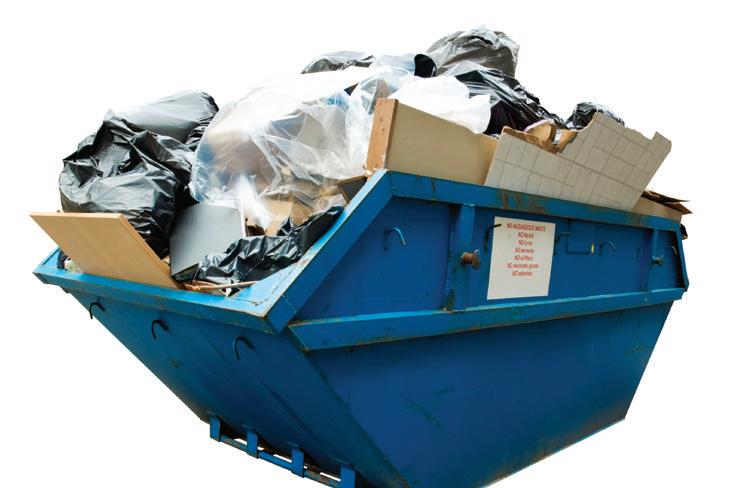86
Prefixes: creating new meanings A
Common prefixes in- (and its variations im-, il-, ir-) can make a word negative, as in inappropriate, incapable, inaccuracy, inability and imperfect. mis- means wrongly or badly, e.g. misbehave and misuse. [use in the wrong way or for the wrong purpose]
out- suggests being greater or better than something, e.g. outnumber [to be larger in number than another group] and outweigh. [be greater or more important than something else] re- has the meaning of ‘do again’ as in reconsider [think again about a decision or opinion], redevelop and rethink. [change what you think about something or what you plan to do] e- has the meaning of ‘electronic’ as in e-commerce [buying and selling goods online], e-reader [an electronic device for reading books] and e-cigarettes. [cigarettes that use water vapour rather than tobacco] eco- has the meaning of ‘good for the environment’, as in eco-friendly cleaning products, an eco-city [using energy efficiently and producing very little pollution] and an eco-warrior. [an informal word
for someone who campaigns to protect the environment]
B
Preposition-based prefixes over- may indicate (a) an excess of something, (b) being above something, or (c) going across something. (a) excess That film was overrated in my view. [people said it was better than it really was] It was a bad restaurant, with an overpriced menu. [too high prices] (b) above Several of our neighbour’s large trees overhang our garden. [their branches go over our garden]
Our garden is overshadowed by the block of flats next door. [the flats cast a shadow over our garden]
She always felt overshadowed by her older, more successful, sister. [metaphorical use, felt less important than]
(c) across He overstepped the mark when he said that. [crossed a barrier into offensive/
unacceptable behaviour]
Will you be staying overnight? [cross from one day to the next]
under- may indicate (a) less than the desired amount, (b) something below another thing, or (c) some kind of negative behaviour. (a) less Don’t underestimate the time it will take. [think it will be less than it really is] The company is seriously understaffed. [lacking staff] (b) below It’s quite wet underfoot. Did it rain last night? [on the ground, beneath your feet] The underlying question is a very difficult one. [the deeper question] (c) negative I wish you would not undermine everything I do. [attack, weaken] He did it in a very underhand way. [secretly and possibly dishonestly] up- can suggest a change of some kind, often positive. The airline upgraded me to business class. [changed my ticket to a better class] There has been an upturn in the economy. [change for the better]
C
Less frequent prefixes con-/com- often suggests mixing things together (often in verbs of communication). converse commiserate condolences congeal contaminate pro- can often suggest pushing something forward or increasing it. promote proliferate procrastinate procreate e- can give the idea of something coming out of something. They were ejected from the restaurant for bad behaviour. [thrown out; formal] The machine emitted a loud noise and then stopped working. [gave out; formal]
178
English Vocabulary in Use Advanced



















































